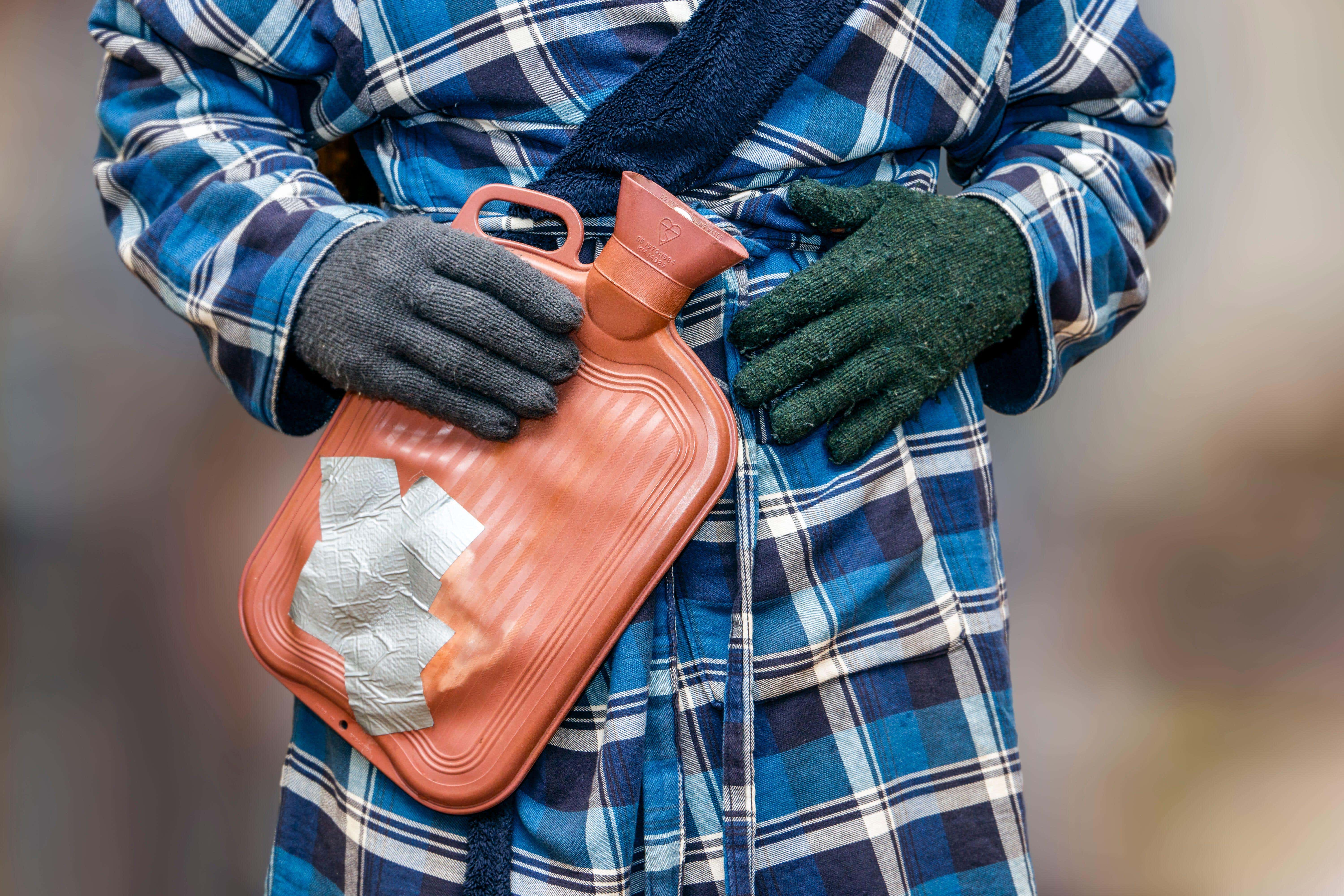Three million households ‘cannot afford their heating’ as temperatures drop below freezing
Hundreds of thousands of low-income families are going without the heat, food and clothing needed to stay warm, new research shows

Your support helps us to tell the story
From reproductive rights to climate change to Big Tech, The Independent is on the ground when the story is developing. Whether it's investigating the financials of Elon Musk's pro-Trump PAC or producing our latest documentary, 'The A Word', which shines a light on the American women fighting for reproductive rights, we know how important it is to parse out the facts from the messaging.
At such a critical moment in US history, we need reporters on the ground. Your donation allows us to keep sending journalists to speak to both sides of the story.
The Independent is trusted by Americans across the entire political spectrum. And unlike many other quality news outlets, we choose not to lock Americans out of our reporting and analysis with paywalls. We believe quality journalism should be available to everyone, paid for by those who can afford it.
Your support makes all the difference.More than three million low-income households cannot afford to heat their homes, new research shows, posing a risk to their health as a severe chill sweeps the UK.
The UK Health and Security Agency has issued a cold weather alert recommending vulnerable people warm their homes to at least 18C, wear extra layers and eat hot food to protect themselves from plummeting temperatures.
But some 710,000 households are unable to heed the advice as they cannot pay for warm clothing, heating and food, according to analysis by the Joseph Rowntree Foundation.
A fifth of all low-income households – 2.5 million – are going without food and heating.
The survey of 4,251 people in the bottom 40% of incomes also found that around 4.3 million curbed their spending on heating ahead of the cold spell.
The survey was conducted from October 31 to November 25.
More than seven million households have gone without at least one of the essentials since June, the Foundation will say in a full report next week.
The social change organisation also found that many families are already in arrears on their bills, owing more than £1,600 on average.
Around 2.4 million households have borrowed money or used credit to afford their bills so far this year.
Freezing weather means they face the impossible decision over whether to take on more debt to heat their home to the level recommended by health professionals.
Rachelle Earwaker, senior economist at the Joseph Rowntree Foundation, said: “The Government must see that families won’t be able to get through the winter on the current levels of support.
People are being forced to wager their financial health and whether they can afford more debt, against their wellbeing without sufficient heat, clothing or hot food
“For hundreds of thousands of households it’s not a choice between putting the heating on or not. Our research shows they can’t afford anything recommended to protect themselves from the effects of plummeting temperatures.
“We’re still experiencing historically high inflation and the prices of essentials are still soaring. Energy bills, while capped, are still almost double what they were last winter. Housing shortages, rising rents and mortgage payments are overburdening budgets across the country.”
“The dangerously cold weather on the horizon is cause for concern. People are being forced to wager their financial health and whether they can afford more debt, against their wellbeing without sufficient heat, clothing or hot food.”
She also said the basic social security level is “woefully below” the level that would allow people to afford essentials.
The Foundation is urging the Government to change universal credit and increase the basic rate of support.
A Government spokesperson said: “Our priority will always be to support the most vulnerable and we recognise that people are struggling with rising prices which is why we are protecting millions of those most in need with at least £1,200 of direct payments and providing households with £400 towards energy costs.
“Our immediate support also includes our Energy Price Guarantee, saving around £900 for a typical household over winter and our Household Support Fund is helping people with essential costs. Meanwhile the Chancellor recently announced a further extensive cost of living package, ensuring those most in need are supported next year as well as this.”



